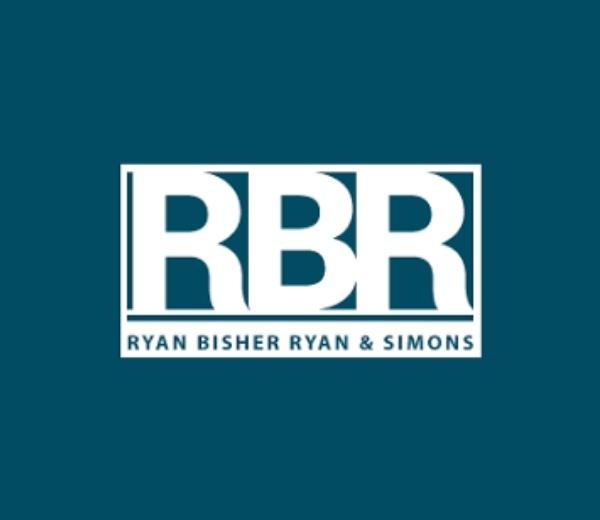
The rollout of an effective vaccine to slow the spread of the COVID-19 coronavirus brings new hope to many individuals working in high-risk jobs. At the same time, it raises the question of whether employers can require workers to get vaccinated.
More than 60% of Americans plan to get vaccinated when it’s offered, according to a Pew Research Center survey. Ideally, 80% are needed to reach herd immunity. Many employers are grappling with how to persuade workers to get vaccinated without going so far as to mandate it.
If necessary, could employers legally require vaccination? Could an employee be fired for refusing the vaccine?
Why Some Workers Oppose the COVID-19 Vaccine
With many Americans jostling for the chance to be vaccinated, others flatly refuse. What are their concerns? Some include:
- Safety – The vaccine was developed, tested, and produced in record time, leaving people to wonder if it’s as safe as it needs to be.
- Medical – Individuals with an underlying health issue contend that the vaccine could put them at risk of serious harm.
- Religious – Some religions prohibit the use of vaccines.
- Political – The need for masks, social distancing, and hand-washing was controversial from the beginning of the pandemic. In addition, the government’s guidance was inconsistent. Some people are skeptical.
Can Employers Require Their Oklahoma Workers to Take the Vaccine?
For the most part, employers do have the authority to require workers to be vaccinated. In addition, unions and organizations that represent the interests of workers encourage employers to mandate it.
Like most of the United States, Oklahoma follows the concept of employment at will. This means an employer can fire a worker for any reason or no reason, as long as it doesn’t infringe on race, religion, or another protected class.
Employers have the authority to follow their own standards to guard the safety of their workforce. They also have the right to fire workers who don’t follow policies such as vaccinations.
How “Emergency Use” Affects a Vaccine Mandate
Because COVID-19 was so virulent, unpredictable, and baffling, the number of cases and deaths soared relatively soon after it struck the United States. For this reason, the federal Food and Drug Administration (FDA) cleared selected manufacturers’ vaccines for “emergency use.” The vaccines are still considered experimental until the agency gives full approval, according to an article in The Guardian.
Until full approval is granted, employers find themselves perplexed by the lack of true and full authority to mandate the vaccine. Unfortunately, no one knows when FDA will approve.
There are circumstances that allow employees to refuse the vaccine under “appropriate conditions,” said Dorit Reiss, a law professor at the University of California Hastings School of Law, in The Guardian. But the law also suggests that the secretary of Health and Human Services, Alex Azar, has the ability to allow consequences for refusing the vaccine, Reiss said.
The wording is unclear, however, leaving the act open to interpretation. It’s likely that those employers who implement the mandate will find their decisions resulting in legal action. The fate of the mandate may be uncertain for some time.
In the meantime, an employer’s best course of action, for now, is to educate the workforce on the vaccine and how its advantages outweigh the risk, pending full authorization by the FDA, according to an article in The Oklahoman.
Read more on our blog about laws around injury at work and workers’ compensation rights. Ryan Bisher Ryan & Simons have been in practice for over 25 years. We have the experience it takes to get you the compensation you deserve.


